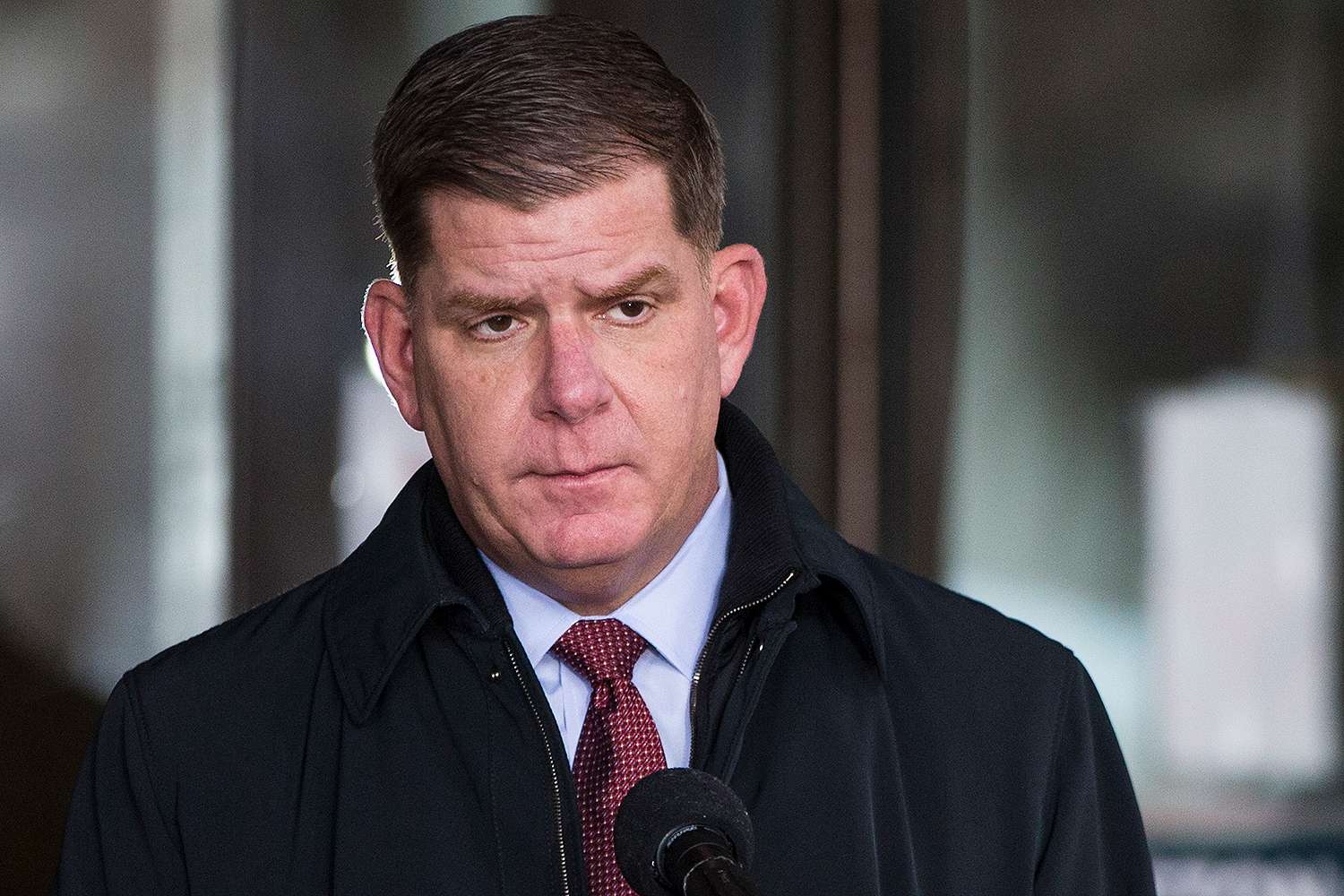Boston Mayor Declares Racism a 'Public Health Crisis' and Reallocates $12 Million of Police Funds


Mayor Marty Walsh signed an executive order on Friday declaring that “racism constitutes an emergency and public health crisis in the City of Boston.”
"In Boston, we embrace the opportunity this moment and this movement offers us," he said in a statement. "We stand with our Black community and communities of color to lead the change toward a more just and equitable society.”
As part of his commitment to fight against systemic racism, Walsh will reallocate $12 million of the Boston Police Department’s overtime budget into a variety of community programs, including economic development initiatives, mental health services and housing opportunities.
Three million of that sum will also go towards implementing “eight strategies that are focused on addressing the impact that racism has on the lives of residents and their overall health.” One of the strategies calls for the creation of a plan to “address the root causes” behind health disparities, while another calls for advocating state and federal policies “that directly combat systemic racism.”
A new task force has also been created to review the police department’s use of force policies, improve their body cam program and strengthen the police review board. Recommendations will be reviewed with the Mayor and the local community in 60 days — after which Walsh will announce the specific programs.
Boston is not alone in taking action to address long-standing structural inequalities, which have led to serious health disparities, including those during the coronavirus pandemic, which has disproportionately affected black communities.
Earlier this month, city councils in Cleveland, Denver and Indianapolis have all voted to declare racism a public health crisis. Maryland’s Montgomery County Council is also set to hold a vote, and California’s San Bernardino County Board of Supervisors is also drafting a resolution.
In addition to Mayor Walsh’s declaration, the Boston Red Sox have also vowed to take steps to address the racism that has occurred in its stadium over the years.
Earlier this month, former MLB player Torii Hunter, who retired in 2015, gave an interview with ESPN, saying that he had a no-trade clause put into his contract so that he would not be forced to play for the team.
“I’ve been called the n-word in Boston 100 times, and I’ve said something about it,” he said on one of the network’s radio shows. “It happened all the time, from little kids, and grown-ups right next to them didn’t say anything.”
On Wednesday, the Red Sox issued a statement, acknowledging that there were “7 reported incidents at Fenway Park where fans used racial slurs” but that “those are just the ones we know about.”
”This small group of fans does not represent who we are, but are rather a reflection of larger systemic issues that as an organization we need to address,” they continued. “True changes starts from within, and as we identify how we can do better, please know we are listening. We hear you, and we believe you.”
To help combat systemic racism, consider learning from or donating to these organizations:
• Campaign Zero (joincampaignzero.org) which works to end police brutality in America through research-proven strategies.
• ColorofChange.org works to make government more responsive to racial disparities.
• National Cares Mentoring Movement (caresmentoring.org) provides social and academic support to help black youth succeed in college and beyond.
Source: Read Full Article